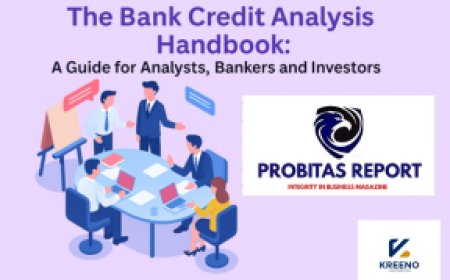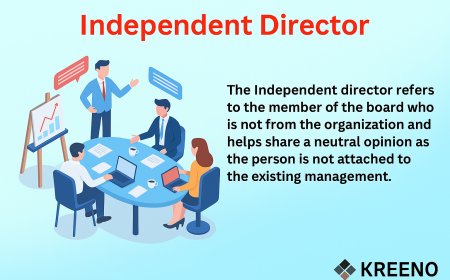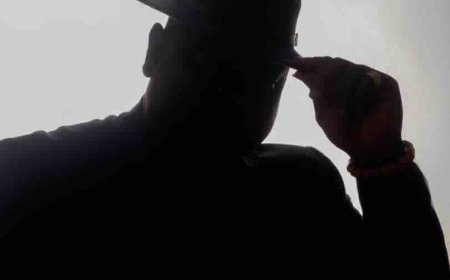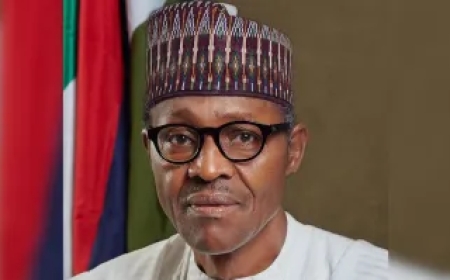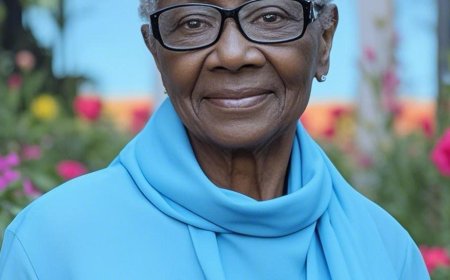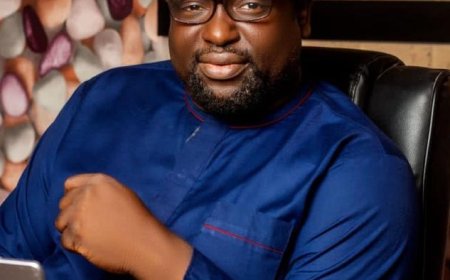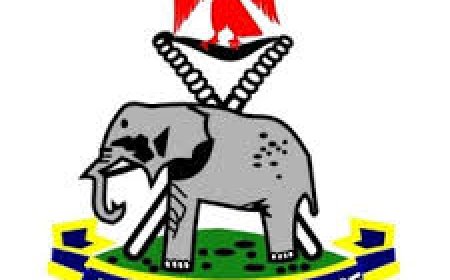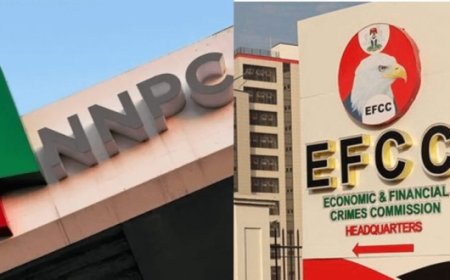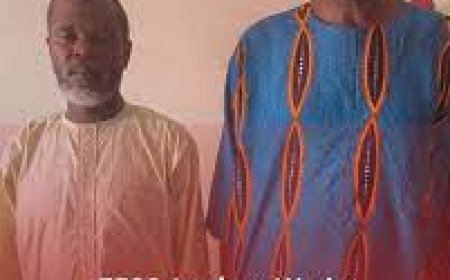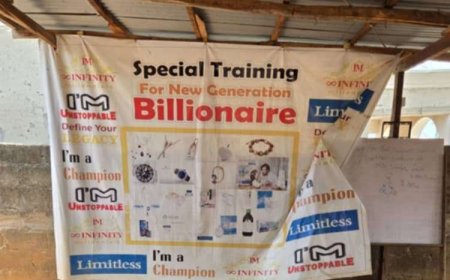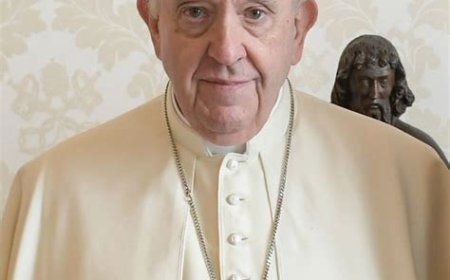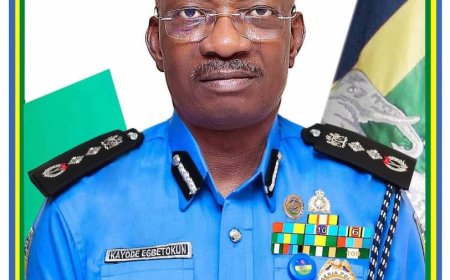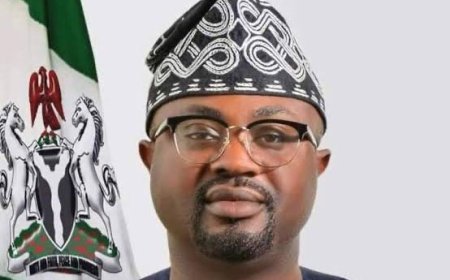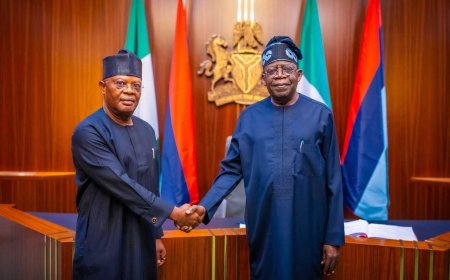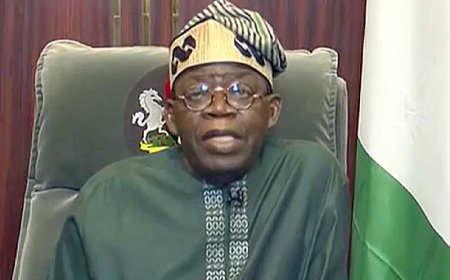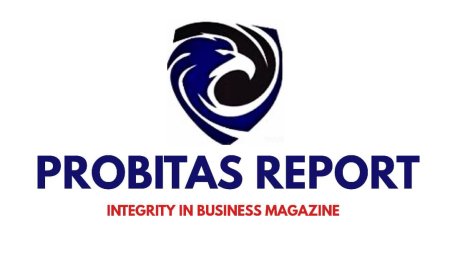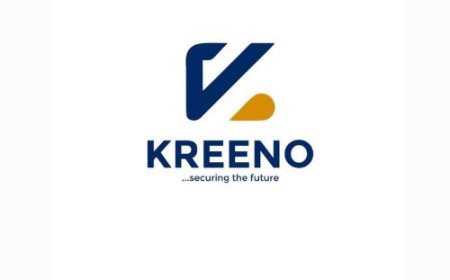The Evolving Role of the Nigerian Church in Politics, Governance, and National Unity
Bishop Mike Okonkwo discusses the church’s role in education, governance, and civic responsibility while navigating the balance between faith and politics. Examine how the Nigerian church has transformed into a key influencer in politics, governance, and national unity. Insights from church leaders reveal its impact on education, civic responsibility, and shaping accountable leadership in Nigeria.
The Transformative Journey of the Nigerian Church
The Nigerian church has undergone a remarkable transformation over the decades, evolving from a spiritual sanctuary to a major stakeholder in the nation's socio-political landscape. Bishop Mike Okonkwo, the presiding bishop of the Redeemed Evangelical Mission, reflects on this remarkable journey, highlighting the church's growing influence and the challenges it faces in navigating the complex interplay between faith and politics.
In the early 1960s and 1970s, the church, both the orthodox and the emerging Pentecostal movements, was not as prominent in the public sphere. However, as the years passed, the church has come to occupy a prominent role, playing a significant part in the development of the nation. Today, churches are actively involved in building universities, hospitals, and contributing to the social development of their surrounding communities.
MORE NEWS:
- Monday Online Message: The Cyrus Partners Priesthood Kingdom Takeover Service To All
- Embracing Posterity: Archbishop Benson Idahosa's Vision For A Legacy Of Impact
- Sunday Service Sermon: Pst Paul Adefarasin Water-Walkers Part 13: Rise And Leap
The Church's Contribution to Nation-Building
Bishop Okonkwo emphasizes that the church has done remarkably well in Nigeria, scoring it at 90-95% in terms of its contribution to nation-building. He points out that the church is not just a spiritual sanctuary, but a major stakeholder in the country's socio-political journey.
One of the key areas where the church has made a significant impact is in the education sector. The bishop acknowledges that while some of the church-owned universities may be perceived as expensive, this is a reflection of the environment in which they operate. He argues that these institutions are run on generators, and the schools must pay their teachers well to ensure quality education. Additionally, he highlights the scholarships provided by these institutions, which benefit many students, including those from underprivileged backgrounds. The bishop also addresses the criticism that the church has become entangled in the pursuit of power, blurring the line between faith and politics. He insists that the church must guide, not dominate, Nigeria's political space, and that the church's involvement in the political process is crucial for the emergence of good leaders who can deliver the dividends of democracy to the people.
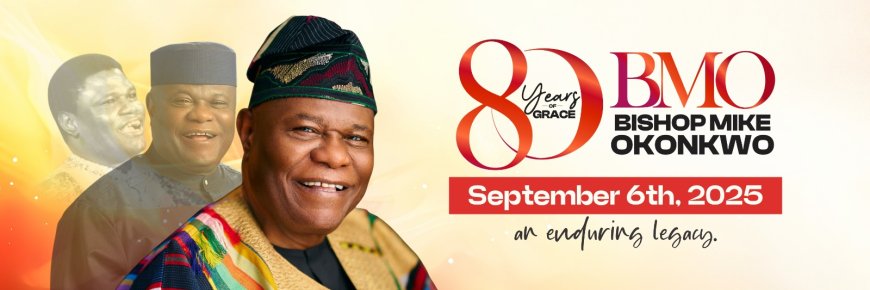
Governance and the Challenges of Nation-Building
Bishop Okonkwo's assessment of governance in Nigeria is candid and thought-provoking. He acknowledges that whilst Nigeria has made progress in its democratic journey, with unbroken civilian-to-civilian transitions since 1999, the country is still far from where it should be in terms of improving the lives and livelihoods of its citizens.
The bishop attributes this to the fact that the "wrong people" have often occupied positions of governance, and the system has not allowed for the citizens' preferred leaders to emerge. He emphasizes the urgent need for electoral reforms to address issues such as "godfatherism" and ensure that votes truly count. Bishop Okonkwo is critical of the recent presidential election, where he believes the electoral commission failed to deliver a transparent and credible process. He argues that the glitches experienced during the last election, particularly with the real-time transmission of results, are unacceptable and an embarrassment to the country.
The bishop calls for a level playing field where any qualified Nigerian can run for office without undue influence or entitlement mentality. He believes that the region a candidate comes from should not be the primary consideration, but rather their ability to deliver the dividends of democracy, such as good infrastructure, healthcare, and educational systems. The bishop acknowledges the complexities of the power rotation debate between the North and South, but he personally believes that the focus should be on the best candidate, regardless of their region of origin as Nigeria does not care where you came from. He further said that “Nigeria should be for all Nigerians” and we should stop this entitlement mentality.
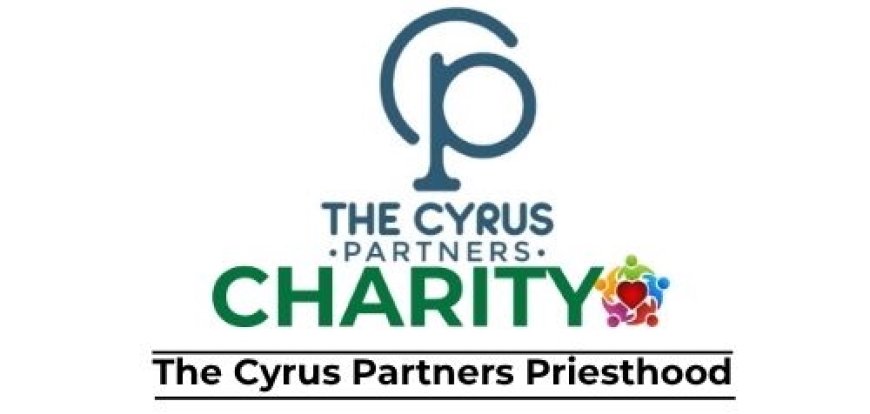
The Need for Institutional Reforms and Accountability
Bishop Okonkwo's critique extends beyond the political leadership to the broader institutional framework of the country. He laments the breakdown of law and order, the endemic corruption, and the lack of accountability across various institutions, including the National Assembly.
The bishop expresses pity for the current president, who he believes is inheriting the "rot of so many years" and is expected to perform miracles overnight. He argues that the responsibility for the country's challenges lies not just with the presidency, but with all Nigerians who have allowed corruption to become endemic, from the top to the bottom.
Bishop Okonkwo calls for a leadership that is both "hard" and "humane," one that is willing to make tough decisions and hold people accountable, without treating the country's problems with kid gloves. He believes that the recent economic reforms, such as the removal of fuel subsidies and the unification of the exchange rate, are well-conceived, but their implementation must be accompanied by a demonstration of seriousness and accountability from the leadership.
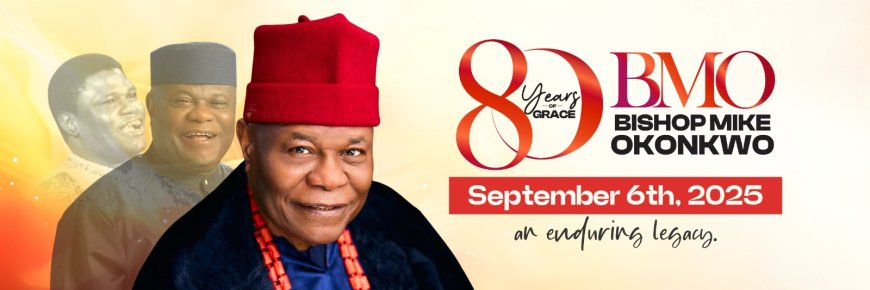
The Church's Role in the Political Process
The bishop's views on the church's involvement in the political process are clear and unequivocal. He firmly believes that pastors and church leaders should not use their platforms to openly endorse or campaign for specific political candidates, as this can divide their congregations and undermine the unity of the church.
Instead, Bishop Okonkwo advocates for the church to provide guidance and direction to its members, educating them on the importance of civic responsibility and involvement in the electoral process. He believes that the church should present the options and let the individual members make their own informed choices, rather than dictating who they should vote for.
The bishop also addresses the criticism surrounding the prosperity gospel and the pressure it can place on church members. While acknowledging the existence of charlatans who preach a distorted version of the prosperity message, he argues that the concept of salvation is holistic, encompassing not just spiritual well-being but also physical, emotional, and financial prosperity.
Bishop Okonkwo believes that as long as the earth remains, there will be a cycle of seed time and harvest, and that Christians should expect to prosper as a result of their faith and obedience to God. However, he cautions against the irresponsible actions of some preachers who may be using this message to manipulate their congregations.

Conclusion: The Church's Enduring Role in Nigeria's Future
Bishop Mike Okonkwo's insights into the evolving role of the Nigerian church in the country's political, social, and economic landscape are both insightful and thought-provoking. As the church continues to navigate the complex interplay between faith and politics, it must strive to maintain its prophetic voice, guiding the nation towards greater unity, accountability, and the delivery of the dividends of democracy to all Nigerians.
The bishop's call for electoral reforms, institutional strengthening, and a leadership that is both principled and compassionate resonates with the aspirations of many Nigerians who yearn for a brighter future for their country. As the church remains a vital stakeholder in Nigeria's journey, its ability to balance its spiritual mission with its civic responsibilities will be crucial in shaping the nation's path forward.
Written and Compiled By:
Linda Oladeinde, Emilomo & Rohack Resources Limited, Consumer Lending Company
Email: oladeindel@emilomo.com
Website: www.emilomo.com Tel: +234 808 262 8001 and 0708 832 5000
About Emilomo & Rohack Resources Limited
Emilomo & Rohack Resources Limited (ERRL) is a Lagos-based, fully licensed money lending and consumer finance company committed to empowering private individuals and micro-businesses across Nigeria with financing coming from Nigerians in the Diaspora. With over 10 years of experience, ERRL offers a comprehensive suite of money lending services, including fast asset loans, LPO financing, invoice discounting, agricultural loans, micro-insurance, investment planning, and cooperative savings. Their mission is to provide accessible financial solutions that promote socio-economic inclusion and national development. ERRL is registered with the Special Control Unit Against Money Laundering (SCUML) of the Economic and Financial Crimes Commission (EFCC), ensuring compliance with regulatory standards.
ADVERT:
Kindly share this story:
Contact: report@probitasreport.com
Stay informed and ahead of the curve! Follow The ProbitasReport Online News Report on WhatsApp for real-time updates, breaking news, and exclusive content especially when it comes to integrity in business and financial fraud reporting. Don't miss any headline – and follow ProbitasReport on social media platforms @probitasreport
[©2025 ProbitasReport - All Rights Reserved. Reproduction or redistribution requires explicit permission.]
What's Your Reaction?





























